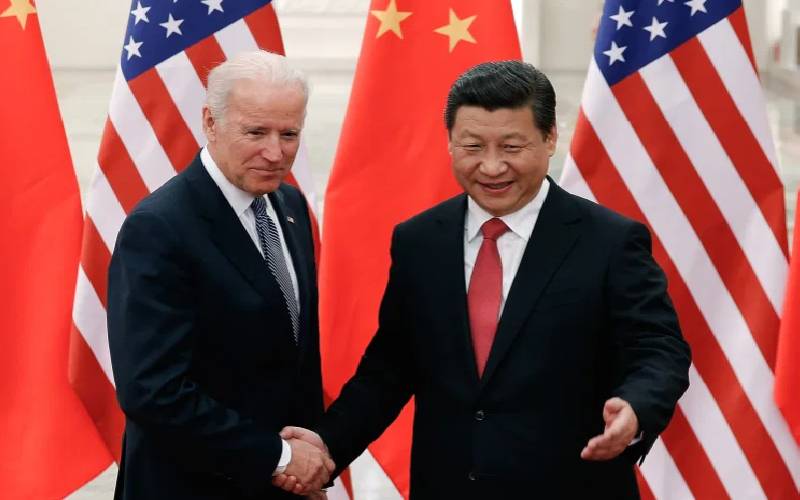×
The Standard e-Paper
Stay Informed, Even Offline

With each passing day, China’s rivalry with the US intensifies as it tries to outdo the latter in terms of power and influence. However, the US’s regard for democracy and its advocacy of liberal ideals have proved major impediments for China and its aspirations to become a driving force in global politics and economy.







